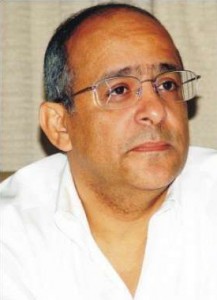Originally posted at The New York Times
PORT-AU-PRINCE, Haiti — A few days after the Jan. 10, 2010, earthquake, Reginald Boulos opened the gates of his destroyed car dealership to some 14,000 displaced people who settled on the expansive property. Seven months later, eager to rebuild his business, he paid the families $400 each to leave Camp Boulos and return to their devastated neighborhoods.
At the time, Dr. Boulos, a physician and business magnate, was much maligned for what was portrayed as bribing the homeless to participate in their own eviction. But eventually, desperate to rid public plazas of squalid camps, the Haitian government and the international authorities adopted his approach themselves: “return cash grants” have become the primary resettlement tool.
This represents a marked deflation of the lofty ambitions that followed the disaster, when the world aspired not only to repair Haiti but to remake it completely. The new pragmatism signals an acknowledgment that despite billions of dollars spent — and billions more allocated for Haiti but unspent — rebuilding has barely begun and 357,785 Haitians still languish in 496 tent camps.
“When you look at things, you say, ‘Hell, almost three years later, where is the reconstruction?’ ” said Michèle Pierre-Louis, a former prime minister of Haiti. “If you ask what went right and what went wrong, the answer is, most everything went wrong. There needs to be some accountability for all that money.”
Continue reading In the News: Rebuilding in Haiti Lags After Billions in Post-Quake Aid

